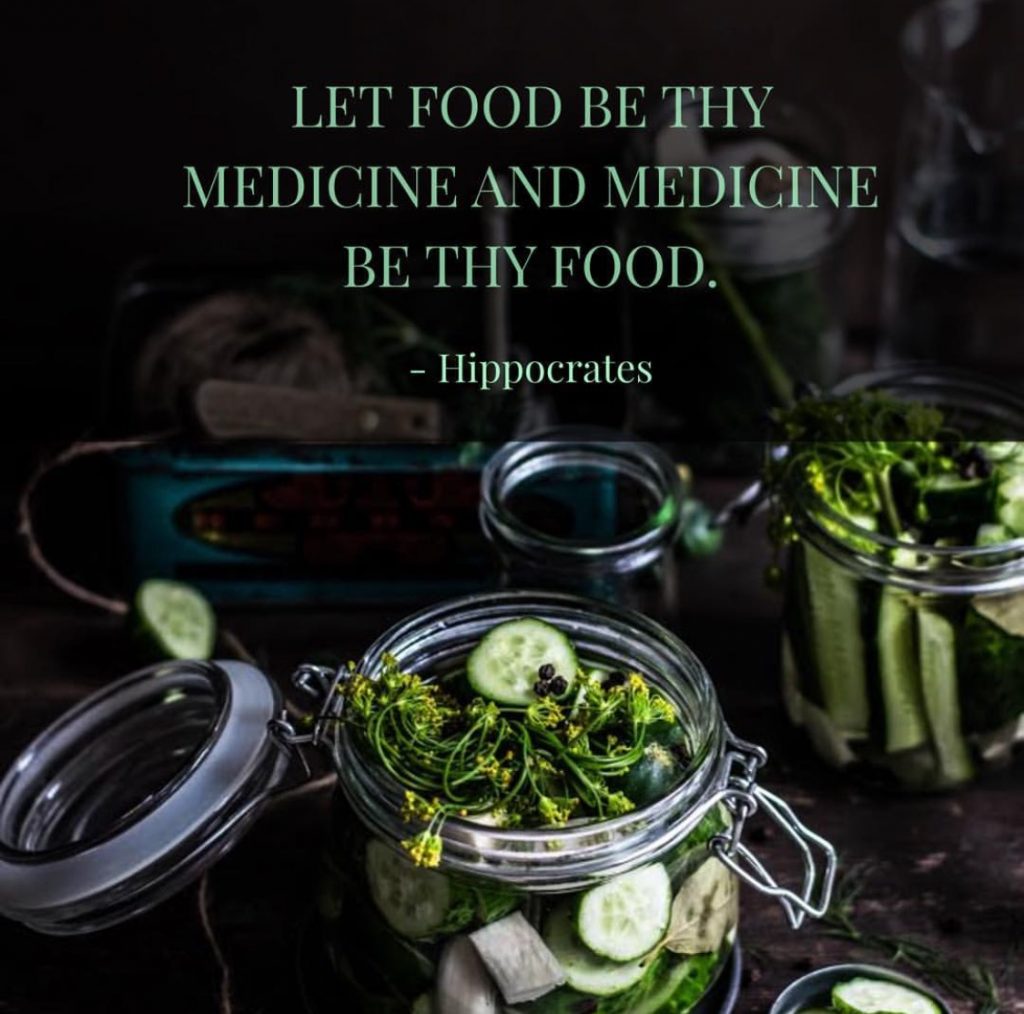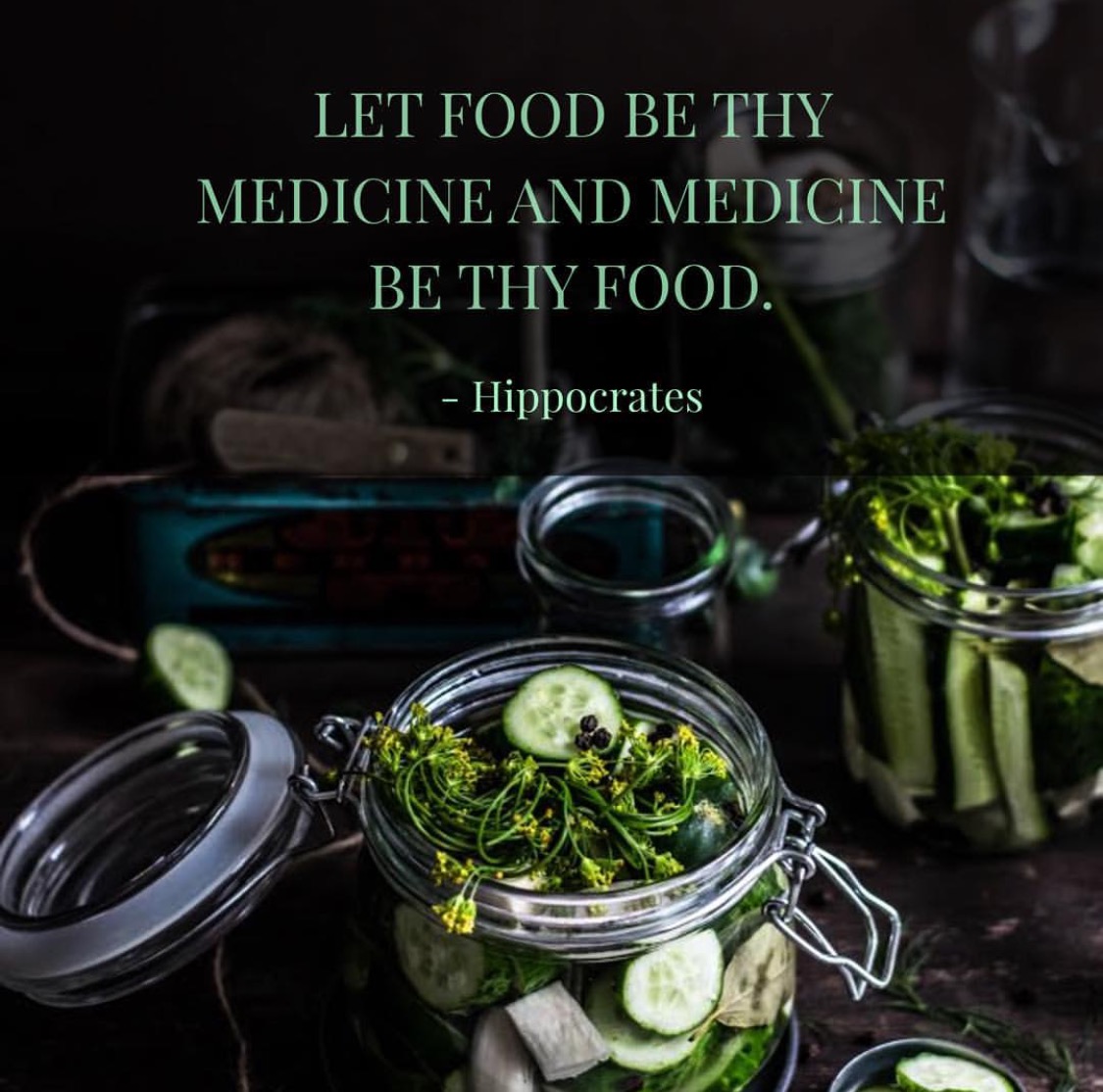
Are probiotics good for you? The answer to that question seems baked right into their name: pro-biotics. We’ve all heard about the benefits of a healthy gut microbiome. Probiotics are one way we try to give our digestive system an extra dose of that good bacteria.
Studies have shown that probiotics can help prematurely-born babies fight intestinal inflammation. And perhaps they can help older women from developing weaker bones. But what about everyone else? Can popping a few probiotic supplements do any harm?
The answer is yes. Too much of any bacteria, even the good kind, can be harmful to your digestive system. And if probiotic supplements headed for your colon dump their contents too early, bacteria in your small intestine can cause symptoms of brain fogginess. Dr. Satish Rao, Professor of Medicine at Augusta University, joins Ira to discuss why we should proceed with caution when it comes to probiotics.
Interview Highlights
What do probiotics do?
Probiotics are live bacteria that can help replenish the community of microorganisms living in the colon. In theory, probiotics are supposed to aid those who have digestive disorders and bowel inflammation.
What are these supplemental probiotics doing?
Supplemental probiotics should be dumping live bacteria in the colon, which is part of the large intestine. Ideally, the pills should stay intact as they go through the small intestine, but a recent study from Dr. Satish Rao, Professor of Medicine at Augusta University proved that wasn’t the case. Instead, the pills were releasing their contents in the small intestine, causing brain fogginess, gas, and bloating in a majority of the patients—in fact, some of them quit their jobs. And as Rao said, there are “hundreds and hundreds of [probiotic supplements] out there with virtually no studies on them.” These, and most other supplements, are not regulated in the same way that food and traditional drugs are.
Are there any probiotic supplements on the market that release their contents in the large intestine?
None, according to Rao. “[Pills] would be a fantastic way of taking probiotics so that they exclusively deliver this product in the colon. But I don’t think there’s any methodology that I’m aware of that can guarantee that, which I think is the unfortunate problem.”
If someone has been taking probiotics for awhile, should be they be worried?
The good news is that the body has an array of defense mechanisms. The small intestine is a very active part of the body. “It secretes about six to ten liters of fluid a day,” said Rao. Most of the time, that acid flushes the small intestine and keeps it sterile.
“But there are various things that may mess it up,” said Rao. “If you take too much probiotics and if your gut is slow or you don’t have much acid, then you have set a potential stage where the bacteria can colonize [the small intestine].”
What about fermented foods that have natural probiotics?
Instead of probiotic supplements, Rao recommends fermented foods like yogurt and kefir that have natural probiotics. The amount of probiotics in those foods is “not as much as what is packaged in the probiotic capsules.” Plus, Rao says, there are food ingredients that make the live cultures less potent.“I believe that the natural probiotic foods are safe and good. And I would encourage everybody to take it.”
Click here for our top recommended fitness and health supplements.





